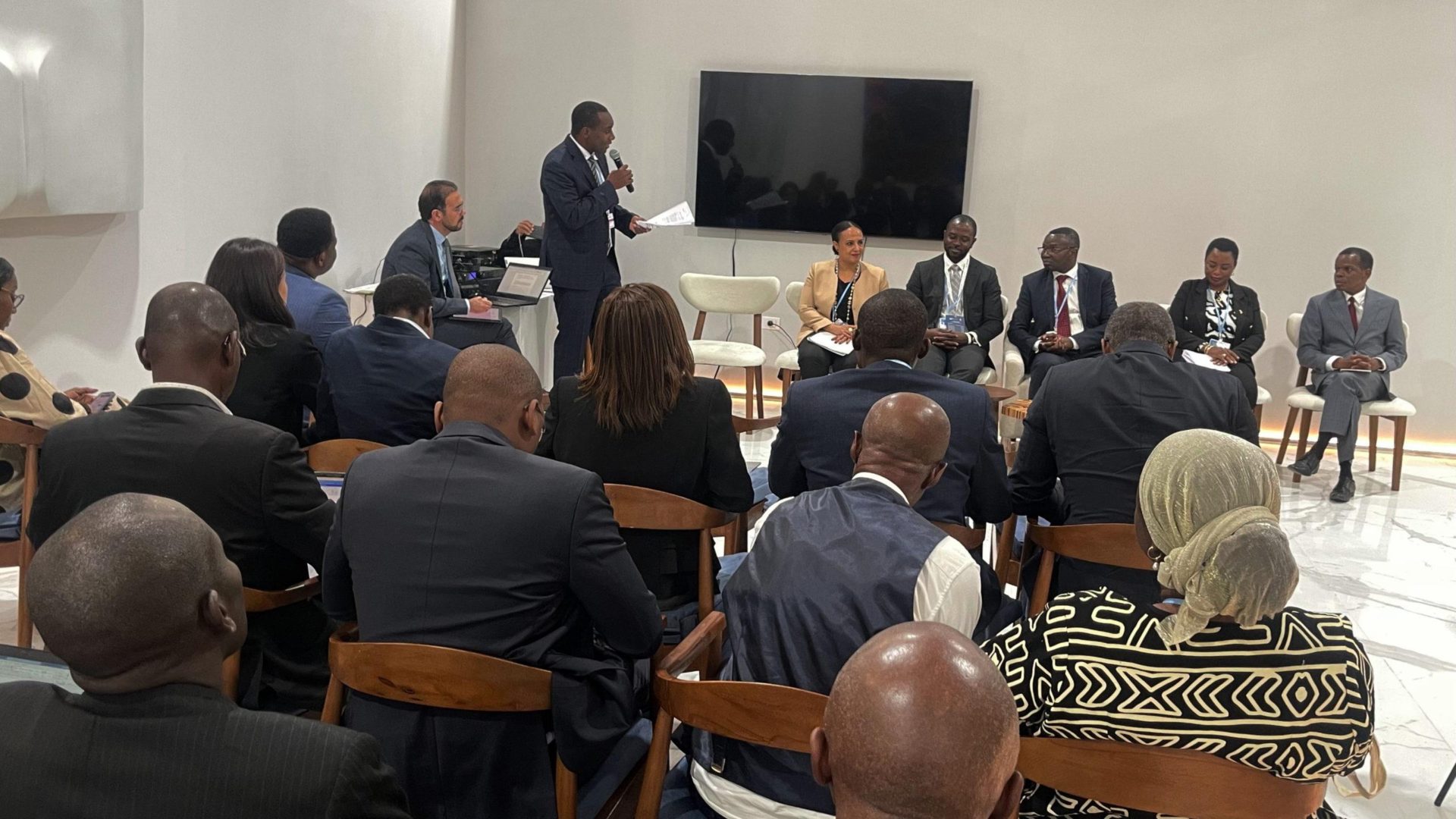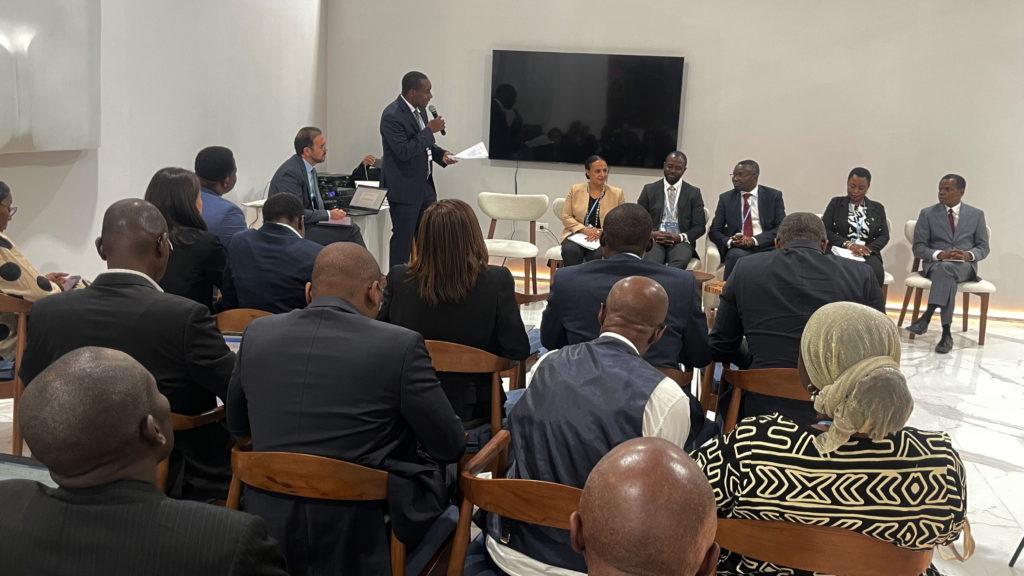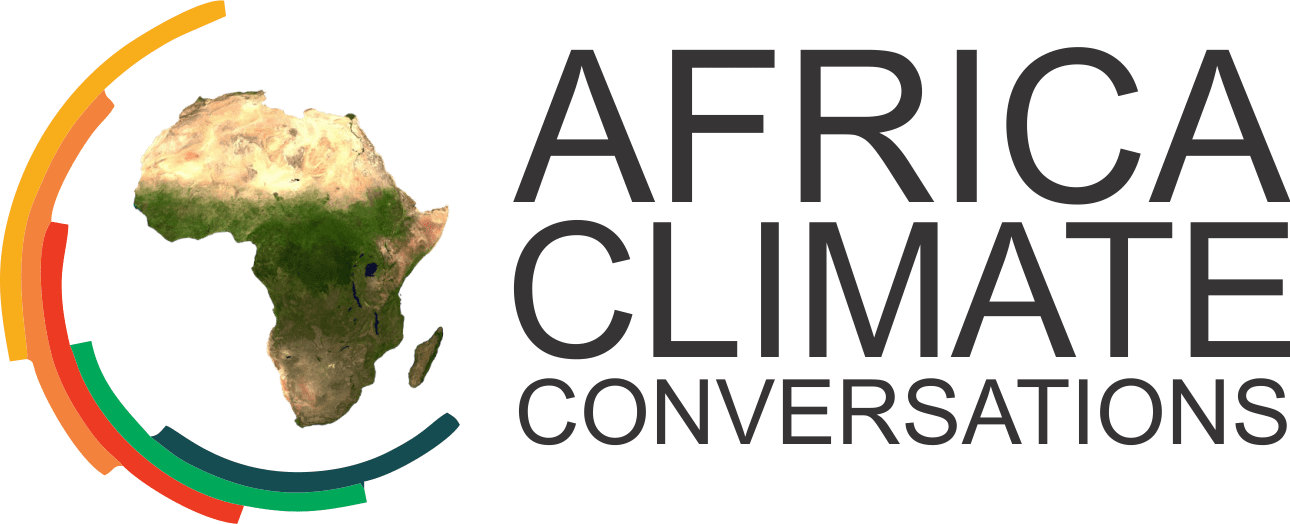

Sharm El-Sheikh, Egypt: With the world adopting cleaner energy transitions, ambitious efforts to accelerate plans for low-cost and low-emissions lithium-ion battery cathode precursor materials in the Democratic Republic of Congo (DRC) and Zambia are nearing reality, with a feasibility study outcome expected in five months.
While addressing the participants at a side event during the 27thUN Climate Change Summit (COP27), Oluranti Doherty, the Afreximbank Export Development Director, says that the study will help identify a strategic partner who will see the establishment of the construction of two special economic zones, in DRC and Zambia.
The zones initially focused on producing battery precursors but will also explore electric car battery manufacturing opportunities.
The DRC, Zambia Battery mineral development is a joint effort between UN Economic Commission for Africa (ECA), Afreximbank, the African Development Bank (AfDB), the Africa Finance Corporation (AFC), the Arab Bank for Economic Development in Africa (BADEA), and the African Legal Support Facility (ALSF).
A 2021 Bloomberg report indicates that a unified African supply chain would cost $39 million to build a 10,000 metric-ton cathode precursor plant in the DRC, three times cheaper than in the United States. A similar plant in China and Poland would cost an estimated $112 million and $65 million, respectively.
Transport, electricity, and heating/cooling contribute 73percent of global emissions. The linkages between minerals and energy are set to strengthen. Worldwide, 30 percent of mineral precursors have been mined in Africa, and in this case, DRC provides 70 percent of cobalt.
Therefore, DRC’s proximity to cathode raw materials, heavy reliance on hydroelectric power plants, land availability, and affordable labor will help cut emissions.
The UN Economic Commission of Africa (UNECA)says emissions associated with battery production could be cut by 30% compared with the existing supply chain that runs through China if cathode precursor materials (the intermediate material between raw and finished cathode material) were produced in the DRC, with Poland handling the production of cathode materials and cells, and Germany, the final pack assembly.
Julien Paluku Kahongya, the DRC Minister of Industry, says the government has allocated 2000 hectares for the special economic zone and established the independent Congolese Battery Council, which he requested African nations to join.
Mineral value chains
Antonio Pedro, the acting Executive Secretary of the UNECA, pointed out that “The vision is not just about helping DRC and Africa to move up the value chain, but the value proposition is to enable Africa to increase the massive deployment of renewable energy in the continent,” He emphasized.
Africa earns about 11 billion from selling its raw minerals. But producing the battery precursors, Pedro says, can earn Africa about 271 billion and up to USD 500 billion if the country produces batteries.
Producing electric vehicles requires five times more minerals than an average car. With rising demands, between 2021-2030. Pedro said that electric vehicles represent a $7 trillion market opportunity and $46 trillion by 2050.
Listen to why lack of conservation values in killing Kenyan Oloolua forest
Ato Gyasi, the Africa Finance Corporation (AFC) Senior Director and head of product solutions, also explained the importance of mineral production and localization for the continent to avoid past mistakes.
“Localization is the single biggest thing we need to focus on. How do we capture that and avoid mistakes in the cocoa industry? It is not about just getting the minerals off the ground; how do we process them?” He paused,
“How do we move to the market? That is where the value is. It is capital-intensive but doable,” he told the participants.
While giving an example, Gyasi reminded participants that Africa produces 70 percent of global cocoa but retains only 6 percent value.
Over the years, mineral mining has been linked to local conflict in several African countries. Establishing special economic zones will help build local capacity enabling communities to participate and benefit from the production of batteries. At the same time, it accelerates investment in research.
Leveraging the AfCFTA
Doherty highlighted the importance of the African Continental Free Trade Area (AfCFTA), thus strengthening business fundamentals for the project and promoting intra-African trade, with input from all over Africa.
“To manufacture batteries, the continent requires minerals like manganese from Gabon and South Africa, Nickel from Madagascar or Botswana, and Graphite from Mozambique and Tanzania,” Doherty said.
On the other hand, Gilmore Zanamwe, the Afreximbank head of Trade Facilitation and Intra African Trade, reminded participants that the minerals belong to Africa, must be processed in Africa, and must benefit African communities and the economy.
Paluku called on African governments to put the right policies and allocate a budget to resource mining. He also urged nations to invest in mineral inventories to understand the extent of minerals countries has. At the same time, take advantage of the Addis Ababa-based African Mineral Development Centre.
“If we get it wrong by setting the wrong policies, we will see all our minerals being taken abroad and left with nothing to add value. So industrial policy must be elevated at all levels,” Paluku stressed.
The post Congo DRC to produce Low cost, climate-friendly battery materials. appeared first on Africa Climate News.
